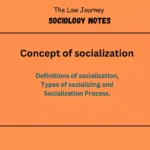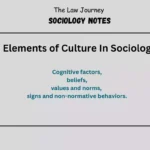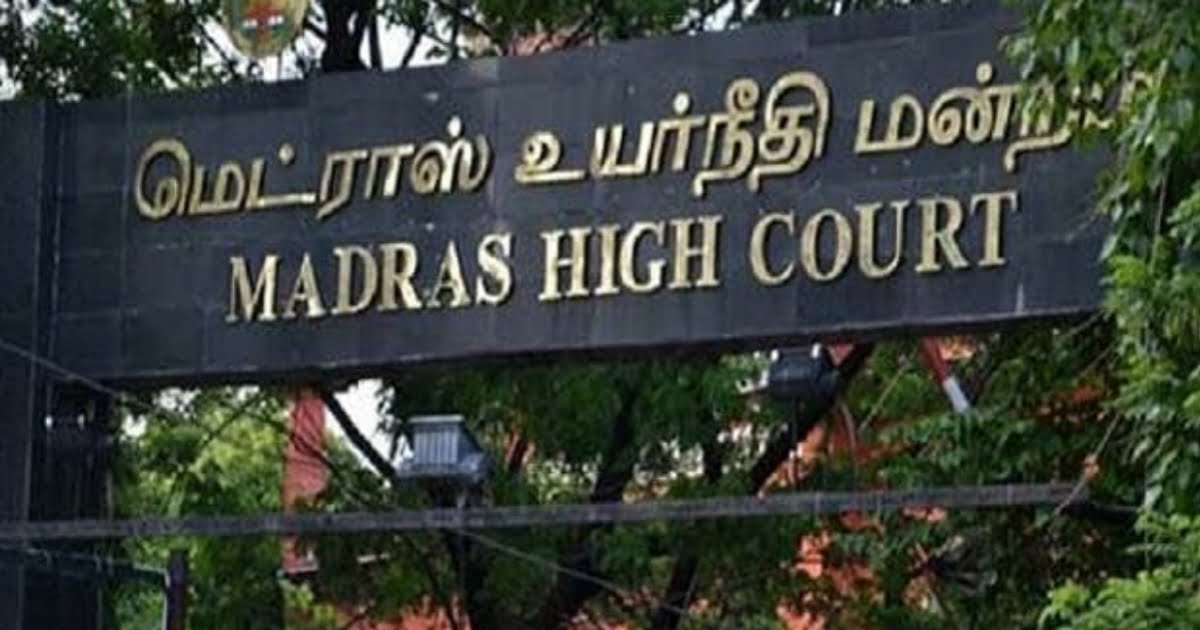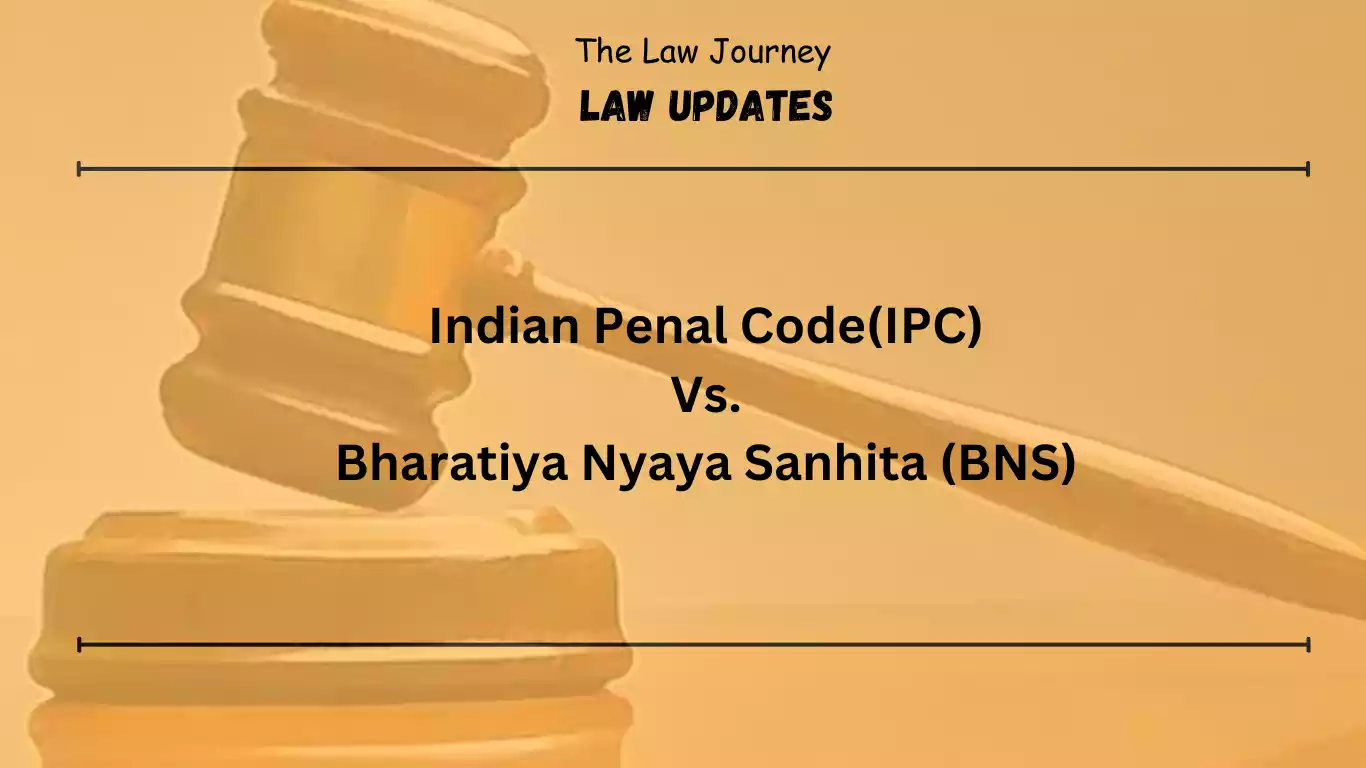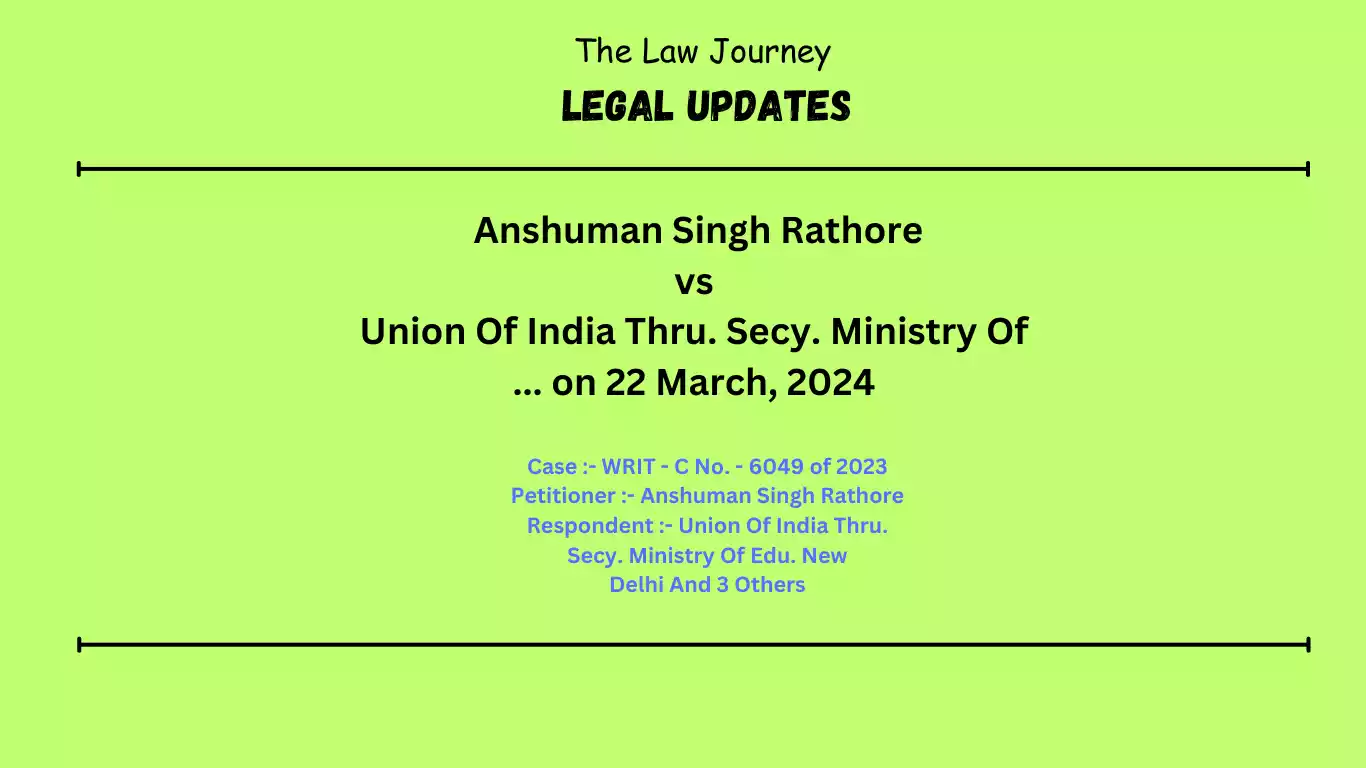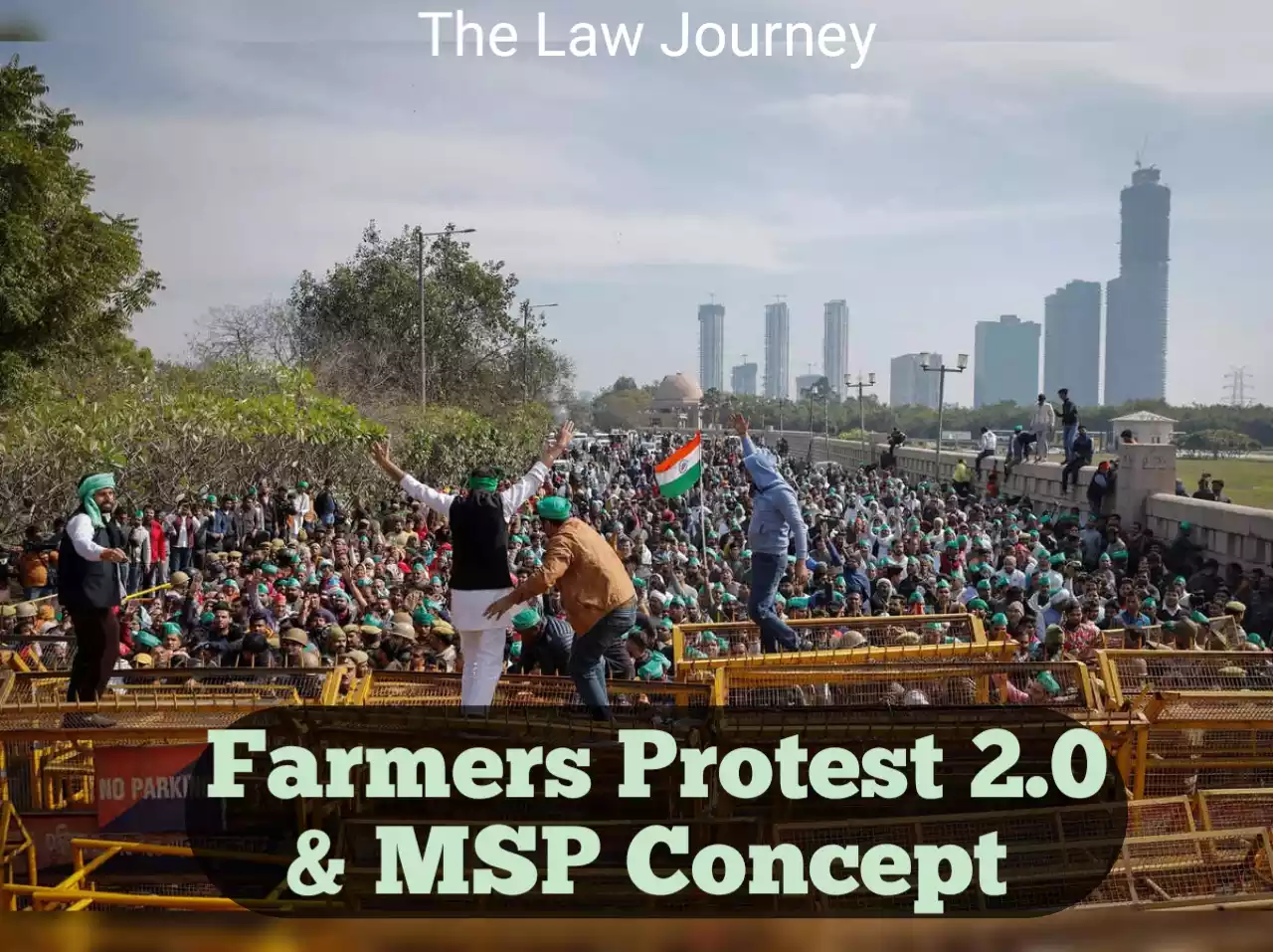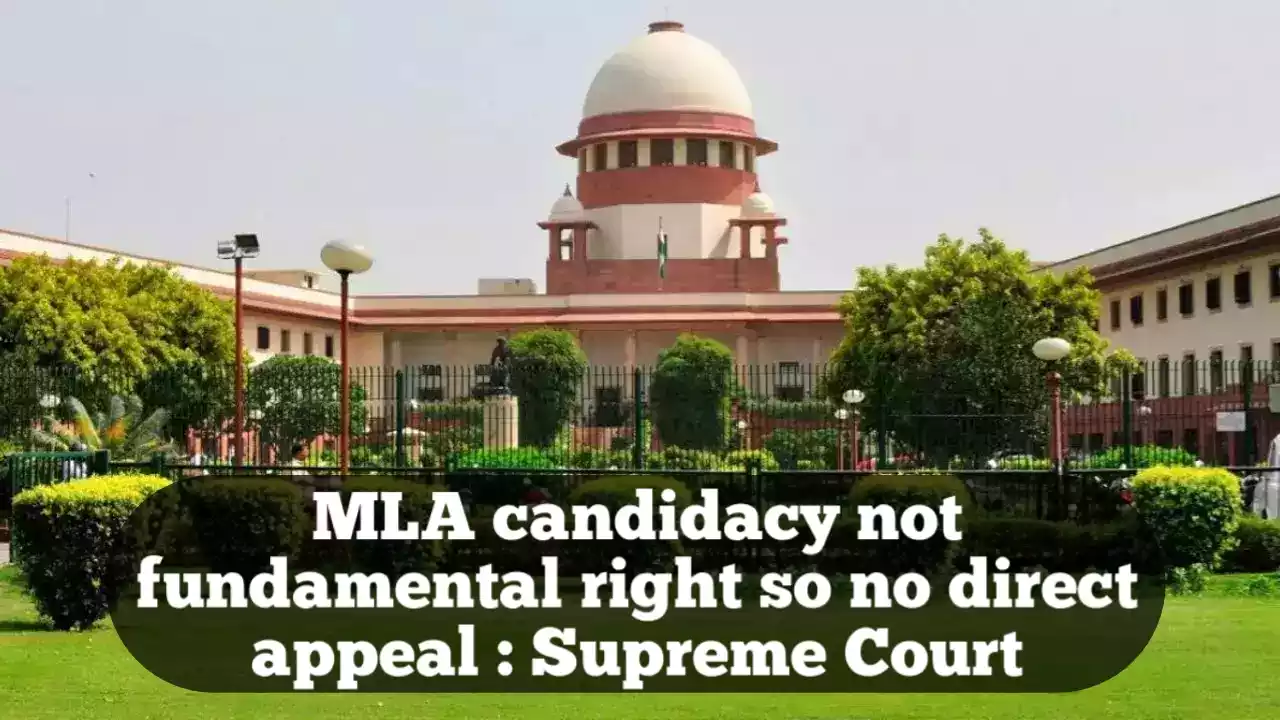Madras HC dismisses convert’s Plea for reservation that Even after conversion, a person cannot carry their community of birth.
Madurai: Can a Hindu who converted to Islam demand benefits from the reservation system by being recognised as a candidate from a backward community ?
The Madras High Court disagreed, stating that even after conversion, a person cannot retain his community of birth. It did, however, note that the Supreme Court is now deliberating on the matter.
U Akbar Ali, a petitioner who was born a Hindu into a denotified group and hence qualified as a member of the Most Backward Class (MBC), received the verdict from Justice G R Swaminathan. In 2008, he changed his name and became an Is- lam. He had applied to the Tamil Nadu Public Service Commission’s (TNPSC) Group-II services but was not chosen because he was considered an open category candidate. He moved the court in protest of his exclusion. Justice Swaminathan denied his request and stated: “The question of whether or not such a person should have the advantage of reservation even after conversion is one that the supreme court is now debating. It is not for this court to support the petitioner’s claim when the Supreme Court becomes involved in the case. The TNPSC’s stance is justified and does not call for any interference.”
When a community certificate from the Ramanathapuram taluk’s zonal deputy tahsildar from 2015 certifying that the individual belonged to the Labbais community was cited, Justice Swaminathan stated that not all Muslims in Tamil Nadu are considered to be members of the lower social strata.
According to a certificate issued by the Tamil Nadu government’s Kazi for the Ramanathapuram district in 2012, Sathiyamoorthy had converted to Islam of his own free will and was now adhering to Islamic rules and principles. However, Justice Swaminata stated that “this certificate declaring the petitioner’s conversion only states that the petitioner has converted to Islam and nothing more.”
The court concluded, “I fail to see as to how a religious authority of a secular government may fix the converted individual in a par- ticular slot or pigeon-hole when the Kazi does not proclaim that the convertee is to be treated as belonging to the group of Labbais.”The judge cited as many as four letters from the Tamil Nadu government, stating that the administration had established that applicants who had converted from another religion to Islam would only be considered under the “others category.”
The judge cited as many as four letters from the Tamil Nadu government, stating that the administration had established that applicants who had converted from another religion to Islam would only be considered under the “others category.” (Related Article)













